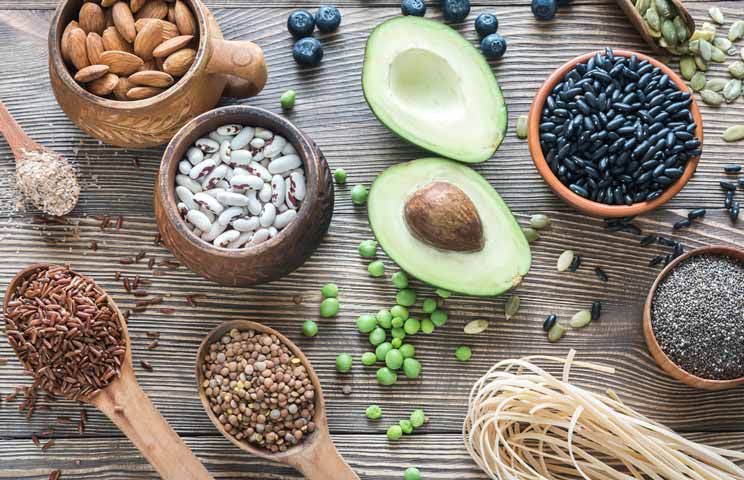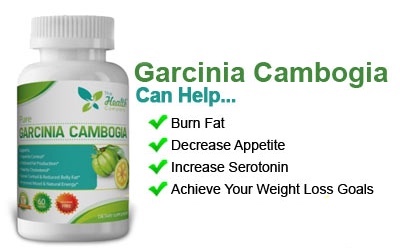
The glycemic index (GI) gives an indication of how foods affect blood glucose levels. A low GI food doesn't cause a person's blood sugar to rise as much as a high GI food.
People who are diabetic, prediabetic, or simply looking to avoid big blood sugar and insulin level fluctuations can choose low GI foods to help keep blood sugar at healthy levels. Here we've compiled a list of 15 low glycemic index foods which are also good for you in other ways.
Oatmeal
Oats are whole grains, and they are a great source of fiber — including beta-glucan. Beta-glucan can decrease cholesterol and reduce the risk of heart disease.
Oats are digested slowly, keeping you full longer, and they have a low glycemic index. They are also packed with beneficial cancer-fighting minerals like phosphorus, magnesium, and iron, and vitamins (such as folate and thiamine).
Oats are higher in protein than most other grains. Protein is helpful for losing weight and staying full longer, too.
It's easy to add oats to your diet. You can make a big batch of steel cut oatmeal or oat groats on the weekend and then heat up portions all week. Add some walnuts and a handful of berries for a nice, filling breakfast.
Artichokes
Artichokes are high in fiber that can help improve digestion, keep you full longer, and aid in controlling blood sugar levels. They're high in vitamin C and have one of the highest levels of healthy antioxidants (including quercetin) of any vegetable,
Artichokes are easier to cook than you might think, and they can readily be added to your weekly diet. Check out our Artichoke Oven-Roasted Chicken Breast with Lemons recipe.
Avocados
Avocados have a low GI, and they are high in heart-healthy monounsaturated fats (which may help lower LDL cholesterol levels in some people). They're high in fiber, folic acid, and vitamin K, and they're a versatile and tasty addition to a healthy diet. Lutein in avocados may even help you retain good cognitive and memory skills and eyesight. Avocado and avocado oil also have cancer-fighting properties.
Cauliflower
Cauliflower is a low GI cruciferous vegetable. It is high in fiber and contains loads of vitamins, especially vitamin C . Packed with antioxidants such as quercetin, cauliflower can help neutralize free radicals in the body before they can cause damage to healthy cells.
Cauliflower can be eaten raw or cooked — but the closer to raw it is when you consume it, the more of its benefits it will retain. You can use cauliflower in salad or make soup out of it. You can even grind it into small pieces and use it in place of rice in stir-fries or other dishes.
Lentils
Lentils are high in both protein and fiber and are great for replacing animal protein-based meals with vegetarian or vegan ones. They're inexpensive and have a mild flavor on their own, so they can be used in a huge variety of dishes to create unlimited flavors. Lentils are commonly used in Indian dishes like dal.
Lentils are high in folate , manganese, and iron, and they have a low glycemic index.
Berries
Berries are not only tasty and easy to fit into your diet in all kinds of ways, but they are also jam-packed with vitamins, disease-fighting phytonutrients, and fiber. While large amounts might cause a blood sugar spike, their GI is generally lower than processed foods and other snacks.
When you are choosing berries, choose those with the deepest colors. These contain the greatest number of phytonutrients that can benefit your health in many ways, including antioxidant and anti-inflammatory effects.
If you are diabetic or prediabetic, check with your doctor about which foods are best to add to your diet.
Walnuts
Walnuts are tasty, easy to find, and have a low GI. They can be added to salads, toasted and munched on as a snack, or just eaten raw. Walnuts contain dietary fiber, which can improve digestion.
High in l-arginine, walnuts may help decrease the risk of heart disease. They're high in cancer-fighting antioxidants that can help fight free radicals in your body, too.
Cherries
Cherries are high in fiber and vitamin C. They contain lots of antioxidants, and cherries also have anti-inflammatory benefits. Whether you eat a handful raw, juice them, or cut some up and add them to your salad, cherries are healthy and easy to add to your diet. They also have a fairly low glycemic index.
Water
Well, we snuck this one in here, but it's true. Drinking water won't mess with your blood sugar, and it may help you decrease your consumption of other drinks that will. Plus, there are so many benefits to drinking water that we felt it just had to go on the list.
Chickpeas
Have you tried chickpeas? Also known as garbanzo beans, they are delicious and versatile. Chickpeas are high in protein, so they can replace meat in your meals, and they have a mild flavor that can be seasoned any way you want.
Roast them and sprinkle them with turmeric for a crunchy treat. Or try making hummus: cook the chickpeas, grind them up, and add cancer-fighting garlic, olive oil, tahini, and whatever other seasonings for a delicious dip.
Chickpeas have a low GI and are full of fiber, so they help you feel full longer and improve your digestion. They may also have positive effects on your heart health.


